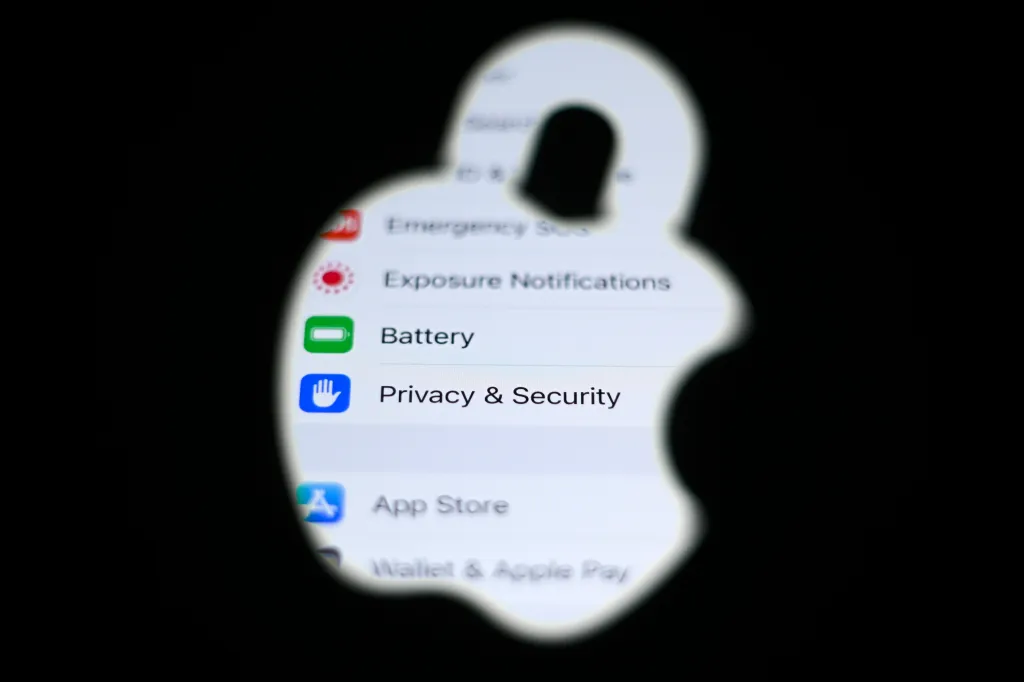Apple has significantly enhanced iPhone security with a groundbreaking new feature in iOS 18.1 that automatically reboots devices after extended periods of inactivity, marking a major advancement in protecting user data against unauthorized access. This development came to light following observations by American law enforcement officials who noticed unusual behavior in seized iPhones.
The new security measure, which has been confirmed by multiple security researchers, forces iPhones to restart automatically after 72 hours of inactivity in their locked state. This represents a notable adjustment from iOS 18.0, which initially set the timer at seven days. The feature operates independently of battery level or network connectivity, functioning as an integral part of the system’s security architecture.
Security researcher Jiska Classen has demonstrated this functionality through video evidence, showing an iPhone automatically restarting after the specified 72-hour period. The discovery gained additional credibility when Magnet Forensics (Graykey) published a detailed analysis, though they noted Apple’s surprising decision not to officially document this feature on their website.
The implementation appears to be a direct response to sophisticated security threats. Law enforcement agencies first noticed this behavior when seized iPhones in evidence vaults began displaying unexpected restart patterns. Initial investigations suggested that devices running iOS 18.0 were potentially communicating with other nearby iPhones, triggering restarts after extended periods without activity or network connectivity.
Matthew Green, a respected security expert from Johns Hopkins University, emphasizes the feature’s significance in combating theft and unauthorized access attempts. He explains that this automatic reboot mechanism prevents criminals from indefinitely storing stolen devices while attempting to devise bypass methods. The feature effectively forces devices into their most secure state regularly, significantly complicating unauthorized access attempts.
The security enhancement leverages two distinct protection states: After First Unlock (AFU) and Before First Unlock (BFU). In the AFU state, which occurs after the initial unlock, the device maintains some cryptographic keys in memory while still protecting data. However, the BFU state, activated after a restart, represents the highest level of security, with all data remaining fully encrypted and inaccessible until the user provides proper authentication.
This innovation addresses multiple security concerns simultaneously. Beyond protecting against theft and unauthorized access, the feature assists organizations in maintaining GDPR compliance by implementing stronger data protection measures. The automatic reboot ensures that sensitive data remains in its most secure state when devices are left unattended for extended periods.
The implementation of this feature reflects Apple’s continuing commitment to enhancing user privacy and security. By forcing regular reboots, the system ensures that potential vulnerabilities that might emerge during extended periods of inactivity are automatically addressed. This is particularly relevant in scenarios where devices might be lost, stolen, or left in environments where they could be subject to sophisticated attack attempts.
The feature’s discovery has generated significant interest within the cybersecurity community, with experts praising its potential to raise the bar for device security. While some users might initially find the automatic reboots unexpected, the security benefits far outweigh any minor inconvenience, particularly for those concerned about protecting sensitive personal or professional data.
As mobile devices continue to store increasingly sensitive information, from financial data to personal communications, such security innovations become crucial in maintaining user privacy. Apple’s implementation of this feature demonstrates a proactive approach to security, anticipating and preventing potential vulnerabilities before they can be exploited.
This development represents a significant evolution in mobile device security, setting new standards for how smartphones protect user data. As threats continue to evolve, such innovative security measures become increasingly essential in maintaining the integrity and privacy of personal information in our increasingly connected world.
















Add Comment